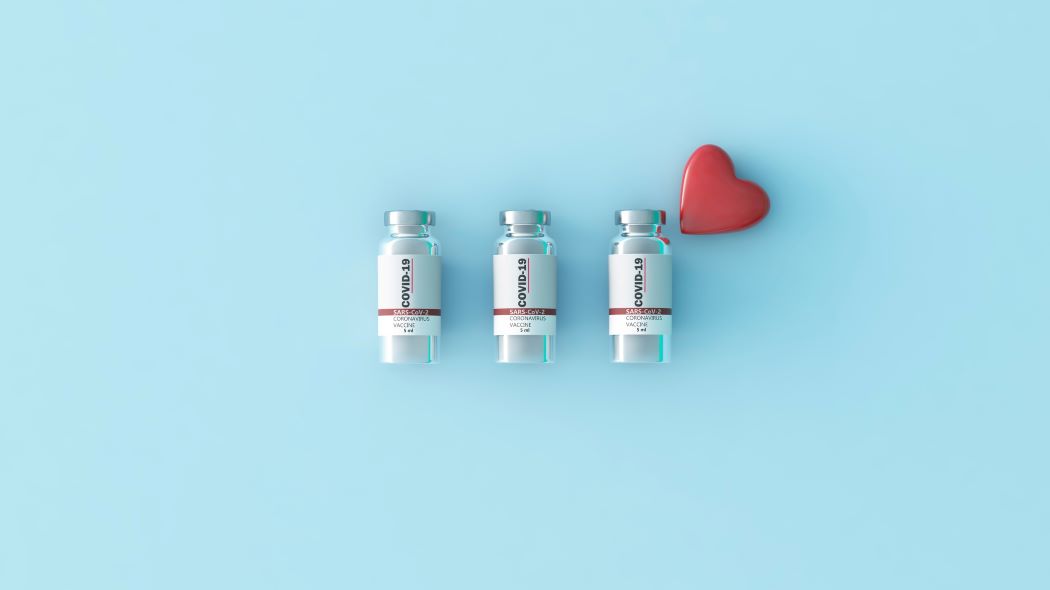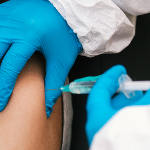

By Dr. Steven Miller, MD, chief clinical officer, Cigna
As the U.S. Food and Drug Administration (FDA) and Centers for Disease Control and Prevention (CDC) prepare to widen eligibility for COVID-19 boosters, many people are wondering if they should get their shot – especially with upcoming holiday travel and recent increases in COVID-19 cases across the country.
As boosters become more widely available, it’s important to underscore that the initial series of two COVID-19 immunizations continue to offer high levels of protection from serious illness or death for most people. However, data demonstrates that as antibody levels wane over time, a booster shot will help to maintain a higher level of immunity that offers greater protection and better limits spread. But boosters go only so far, and we must continue to encourage those who remain unvaccinated to get their initial COVID-19 vaccines.
About 15% of all U.S. adults have already gotten their COVID-19 boosters, but earlier eligibility criteria has been confusing and difficult to track for many. Luckily, the new guidance offers a more straightforward approach to guide decision-making.
So, do you need to add getting a COVID-19 booster to your to-do list? Here are a few considerations.
All adults who received their second dose of the Pfizer-BioNTech or Moderna vaccine more than six months ago, regardless of health status or occupation, are eligible for a booster under the new federal guidelines. Adults who received the Johnson & Johnson vaccine more than two months ago are also eligible.
Yes – switching to a different vaccine is safe and acceptable. There may be benefits to switching it up for your booster. If you experienced bad side effects from the first series of shots, you can now opt for another brand. It’s also more convenient to get whatever vaccine is available; there’s no need to wait or search for the same brand. In the end, all shots will achieve the same goal of boosting immunity against COVID-19.
For those who received the J&J shot, there is data that supports following up the initial dose with either Pfizer or Moderna could produce a stronger immunity response than a second dose of the J&J vaccine.
There is very little risk of serious side effects from a booster shot. Generally, side effects are mild and in line with those experienced after the first series of shots.
The data is certainly strongest that older people, individuals who are immunocompromised, or those who are at a greater risk of exposure due to their workplace setting will benefit most from the level of protection provided by a booster shot. However, even if you are young and healthy, there is very little downside risk to getting a booster.
Even if you’ve been previously infected from COVID-19 and recovered, getting vaccinated remains a good idea. Especially as many of us prepare to visit with extended family and spend more time indoors, the added protection that a booster provides is the best way to prevent spread and infection.
Just as with the first doses of the COVID-19 vaccine, booster shots will be provided without cost-sharing or out-of-pocket costs. In the event a Cigna customer receives a surprise bill for their booster shot, they should call the number on the back of their insurance card for immediate support and guidance.

Find the latest resources, updates, and vaccine information to help you navigate COVID-19 during this time of uncertainty.